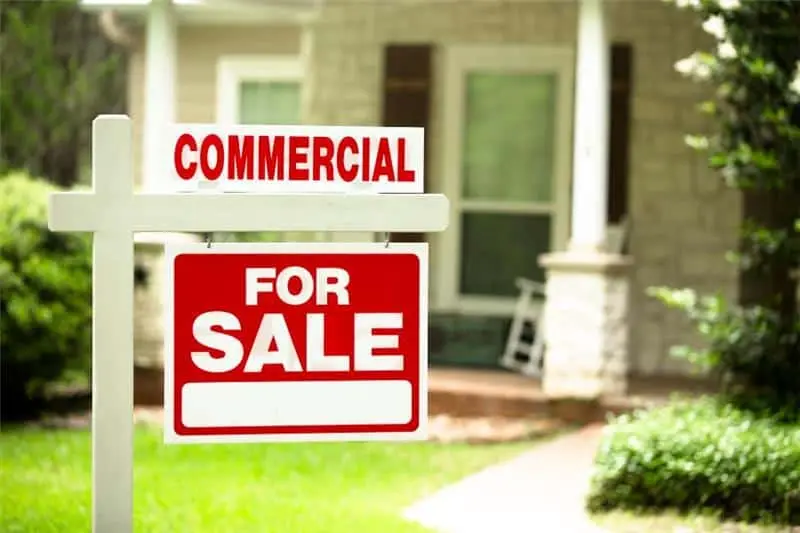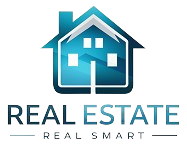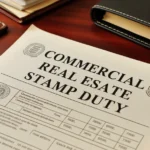Buying commercial property for sale can unlock steady income, long-term value, and portfolio growth—but success depends on knowing what you’re getting into. From understanding different property types to evaluating cash flow and lease options, this guide helps you make well-informed decisions in the competitive commercial real estate market.

Content
What Is Commercial Property?
Commercial property for sale refers to real estate used primarily for business purposes. Unlike residential properties, these spaces generate income through leases to businesses or tenants.
Types of commercial property include:
- Office buildings (corporate towers or smaller suites)
- Retail units (malls, storefronts, restaurants)
- Industrial facilities (warehouses, distribution centers)
- Multifamily housing (apartment buildings with 5+ units)
Before buying, identify which category aligns with your investment goals.
Why Consider Commercial Real Estate?
There are numerous benefits of commercial real estate, making it an attractive option for investors:

- Stronger rental income from long-term leases
- Tax benefits through depreciation and expense deductions
- Reduced vacancy risks with multi-tenant structures
- Appreciation over time, especially in prime locations
When comparing commercial vs residential real estate, commercial often delivers higher returns but may require deeper market knowledge and greater initial capital.
Investment Strategies for Commercial Property
Choosing the right approach is essential. Here are popular commercial property investment strategies:

- Buy-and-Hold: Acquire income-producing properties and retain ownership long-term.
- Value-Add: Purchase underperforming properties and renovate or re-lease them.
- REITs vs Direct Ownership: Investors can choose between buying shares in a real estate investment trust (REIT) or owning a physical property.
- Syndication or Partnerships: Combine resources with others to reduce personal capital exposure.
Not everyone has deep pockets, so learning how to invest in commercial property with little money through crowdfunding or REITs is ideal for beginners.
Evaluating Commercial Property Before Purchase
Before purchasing, conduct a detailed analysis. Here’s how to evaluate commercial real estate effectively:
- Location insights: Traffic, accessibility, and neighborhood growth
- Tenant stability: Lease history and rent roll data
- Financials: Use a commercial property ROI calculator to estimate profitability
- Cash flow forecasting: Conduct a full commercial real estate cash flow analysis
- Physical inspection: Review the building’s structure, safety, and amenities
Due diligence helps ensure your investment supports your long-term goals.
Step-by-Step Guide to Buying Commercial Property
Navigating the steps to buying a commercial building requires focus and planning. Here’s a simplified breakdown:
- Define your objectives – income, appreciation, diversification
- Secure funding – Explore commercial real estate financing options like SBA loans, private equity, or traditional bank mortgages
- Search for properties – Use online platforms and commercial brokers
- Perform due diligence – Review legal documents, title, zoning, and financials
- Close the deal – Finalize contracts and arrange for property transfer
This process reduces surprises and positions you for long-term success.
Zoning and Legal Aspects of Commercial Property
Commercial property zoning determines how the land can be used. Familiar zoning types include:
- Retail
- Office
- Industrial
- Mixed-use
Before buying, verify the property’s zoning aligns with your intended use. Failure to follow zoning laws can limit your operational ability or require costly modifications.
Key Risks of Commercial Real Estate Investing
Investors must understand the risks of investing in commercial property for sale, which include:

- Vacancies: Income loss if a property remains unleased
- High maintenance costs: Major repairs or upgrades can be expensive
- Market volatility: Economic shifts can affect rent prices and demand
- Tenant turnover: Replacement costs and downtime between leases
Always prioritize due diligence for commercial real estate to manage and mitigate these risks early.
Leasing Options in Commercial property for sale
Understanding leasing models is key to predicting your income. Here are the most common structures:
- Triple Net Lease (NNN): Tenant pays for taxes, insurance, and maintenance
- Gross Lease: Landlord handles all expenses; tenant pays base rent
- Modified Gross Lease: Both parties share some operational costs
A well-structured lease ensures more stable commercial real estate cash flow.
Emerging Trends in Commercial Real Estate (2025)
Knowing current commercial real estate trends 2025 can guide smart investments. Key trends include:
- E-commerce boom: Increased need for distribution centers and last-mile warehouses
- Hybrid work models: Rising demand for flexible office solutions
- Sustainability: Investors favoring green-certified buildings
- Proptech: AI and automation improving property management
These shifts influence which commercial property for sale are most desirable in today’s market.
Tax Advantages and Depreciation
Real estate investors enjoy powerful tax perks, notably commercial real estate tax benefits such as:
- Depreciation deductions – Spread the property’s value over time to reduce taxable income
- 1031 exchanges – Defer capital gains tax by reinvesting in a similar property
- Interest write-offs – Mortgage interest is tax-deductible
- Operational deductions – Utilities, property management, and repairs
Utilizing commercial property depreciation boosts ROI by lowering your tax liability.
Conclusion
Commercial property for sale presents a wide range of opportunities for those seeking strong returns, tax advantages, and portfolio diversity. By understanding property types, performing detailed cash flow evaluations, and selecting the right investment strategies, you can build long-term wealth through commercial real estate.
Whether you’re entering the market or expanding your assets, having a clear process—from zoning laws to lease agreements—makes your investment journey smarter and more profitable.
FAQs
What is considered commercial property for sale?
Commercial property includes office buildings, retail stores, warehouses, and apartment complexes with five or more units.
Is buying commercial real estate a good investment?
Yes. It offers stable income, appreciation potential, and tax advantages when properly managed.
What is a triple net lease in commercial property for sale?
A triple net lease requires tenants to pay for taxes, insurance, and maintenance costs in addition to rent.
How do you finance a commercial property purchase?
You can use bank loans, SBA loans, hard money loans, or real estate crowdfunding platforms.
What are the risks of buying commercial property?
Risks include vacancies, large repair expenses, tenant turnover, and changes in market demand.
Can you invest in commercial real estate with little money?
Yes, options like REITs, syndications, and crowdfunding platforms allow small-scale investors to get started.

With a sharp eye for design and a passion for renovation, Samantha transforms fixer-uppers into dream homes. Her expertise in remodeling adds extra value to your real estate experience.




